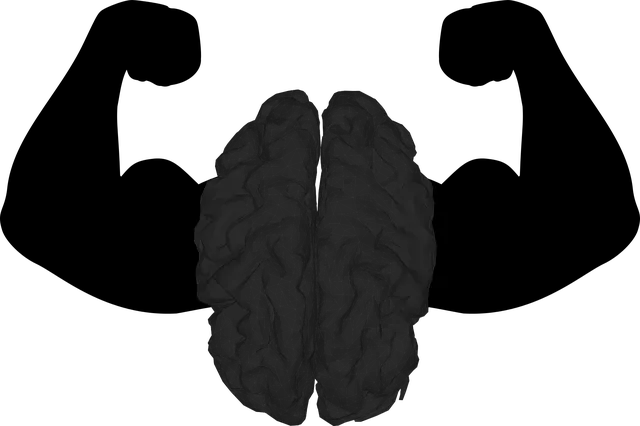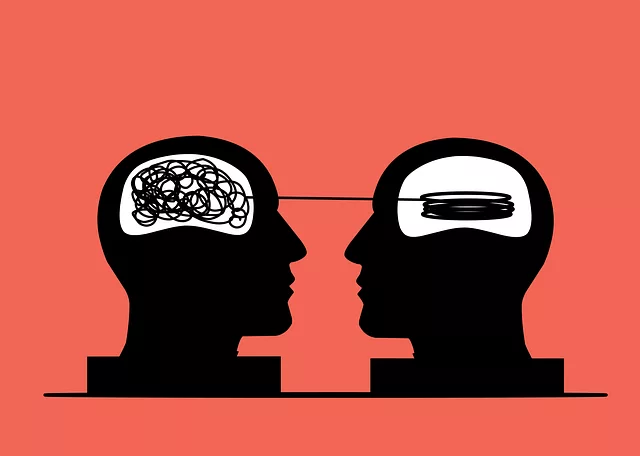Kaiser Permanente mental health Northglenn stands out for its culturally sensitive approach, addressing unique challenges in a diverse suburb of Denver. By offering bilingual services, mindfulness practices, and tailored initiatives, they ensure accessible mental healthcare for all residents. Their comprehensive training programs on cultural competency improve patient satisfaction and well-being, especially in managing stress. Effective communication strategies bridge language and cultural gaps, fostering trust between patients and providers. This holistic approach enhances service quality, benefits both patients and professionals, and underscores Kaiser Permanente mental health Northglenn's commitment to culturally competent care.
In the diverse community of Northglenn, cultural sensitivity in mental healthcare is paramount. This article explores how Kaiser Permanente’s services, a leading provider in Northglenn, prioritize cultural competency through initiatives focused on understanding local diversity. We delve into the barriers and challenges of cross-cultural communication and highlight strategies for improving patient outcomes. By exploring these aspects, we aim to emphasize the transformative power of cultural sensitivity training in enhancing mental health care within Kaiser Permanente’s Northglenn reach.
- Understanding Cultural Diversity in Northglenn's Community
- Kaiser Permanente Mental Health Services: A Commitment to Cultural Sensitivity
- Barriers and Challenges in Cross-Cultural Communication
- Strategies for Culturally Competent Practice
- Enhancing Patient Outcomes through Cultural Sensitivity Training
Understanding Cultural Diversity in Northglenn's Community

Northglenn, a diverse community within the broader Denver metropolitan area, is home to a rich tapestry of cultural backgrounds and experiences. This cultural diversity significantly shapes the mental healthcare landscape, particularly when considering the needs and preferences of residents seeking support from organizations like Kaiser Permanente’s mental health services in Northglenn. Understanding these nuances is paramount for providing culturally sensitive care.
The community embraces a wide array of ethnic and racial groups, each bringing its unique perspectives and challenges. For instance, many residents may have experienced cultural barriers to accessing mental health services due to language differences, stigma, or trust issues rooted in historical injustices. Kaiser Permanente Northglenn’s commitment to cultural sensitivity involves offering bilingual counselors, incorporating culturally relevant therapeutic practices, such as Mindfulness Meditation, and promoting initiatives that boost self-esteem and positive thinking tailored to the community’s diverse needs.
Kaiser Permanente Mental Health Services: A Commitment to Cultural Sensitivity

Kaiser Permanente Mental Health Services in Northglenn stands as a beacon of commitment to cultural sensitivity in healthcare practices. Recognizing that mental health issues do not exist in a vacuum, the organization prioritizes understanding and respecting diverse cultural backgrounds, beliefs, and traditions. This approach ensures that every patient receives care tailored to their unique needs, fostering trust and promoting positive outcomes.
Through comprehensive training programs, Kaiser Permanente equips its professionals with the knowledge and skills to navigate cultural complexities effectively. By focusing on such initiatives, they not only enhance the quality of care but also boost patient satisfaction and self-esteem improvement. Moreover, this commitment extends to addressing stress management, a significant aspect of overall well-being, particularly in a multicultural society.
Barriers and Challenges in Cross-Cultural Communication

In cross-cultural mental healthcare settings, such as those offered by Kaiser Permanente mental health Northglenn, barriers and challenges often arise due to differences in language, cultural values, and communication styles. These disparities can lead to misunderstandings and miscommunication between patients from diverse backgrounds and their healthcare providers. For instance, patients may express emotional distress differently across cultures, with some communities emphasizing collective emotions or having unique ways of conveying pain. This requires mental health professionals to be attuned to non-verbal cues and actively seek clarification to ensure they accurately understand the patient’s needs.
Additionally, cultural norms can influence help-seeking behaviors, with varying levels of comfort around discussing personal struggles openly. Some patients may prefer indirect communication or seek support from community leaders before engaging directly with healthcare providers. Healthcare professionals must be sensitive to these nuances and adapt their approaches accordingly. Incorporating strategies like mindfulness meditation and depression prevention programs, which have shown effectiveness across cultures, can help bridge these gaps. Burnout prevention strategies for healthcare providers are also crucial in ensuring they remain empathetic and culturally competent when navigating complex cross-cultural communication scenarios.
Strategies for Culturally Competent Practice

In the realm of mental healthcare, cultural sensitivity is paramount to ensuring effective treatment and fostering trust between providers and patients, especially in diverse communities like Northglenn, where Kaiser Permanente mental health services are sought after. The journey towards culturally competent practice involves a multifaceted approach. One key strategy is Healthcare Provider Cultural Competency Training, which equips professionals with the knowledge and skills to understand and appreciate various cultural contexts. This training enables them to recognize and respect diverse belief systems, traditions, and communication styles, thereby creating a safe and inclusive environment for all patients.
Furthermore, effective communication strategies play a pivotal role in culturally sensitive mental healthcare. Providers should actively listen, be open to asking about cultural practices and beliefs, and then tailor their approach accordingly. Incorporating patients’ cultural references into therapy sessions can facilitate better engagement and promote understanding of unique emotional healing processes. By integrating these strategies, Kaiser Permanente mental health Northglenn aims to provide holistic care that respects individual differences, ultimately enhancing the quality of services delivered.
Enhancing Patient Outcomes through Cultural Sensitivity Training

Cultural sensitivity training is an essential component of enhancing patient outcomes in mental healthcare practices, especially at organizations like Kaiser Permanente Northglenn. By incorporating diverse perspectives and experiences into their training programs, mental health professionals can better understand and address the unique needs of patients from various cultural backgrounds. This approach ensures that every individual receives tailored care, fostering a sense of trust and comfort within the therapeutic relationship.
Such training goes beyond basic knowledge; it equips healthcare providers with practical tools for navigating cultural nuances. For instance, learning about different communication styles, family dynamics, and community resources can prevent missteps and improve patient engagement. Moreover, integrating burnout prevention strategies for healthcare providers and stress management techniques into this training is vital. Mental health professionals who feel supported in managing their own well-being are better equipped to provide long-term care, reducing the risk of errors related to exhaustion or emotional distress—a critical aspect of comprehensive risk management planning for mental health professionals.
In the diverse community of Northglenn, cultural sensitivity in mental healthcare is more than a practice—it’s a necessity. Kaiser Permanente’s commitment to culturally competent services stands as a beacon, addressing barriers and challenges through strategic initiatives. By enhancing patient outcomes with targeted training, the organization ensures that all individuals, regardless of their cultural background, receive compassionate and effective care. This approach not only benefits patients but also strengthens the bond between healthcare providers and the Northglenn community.






